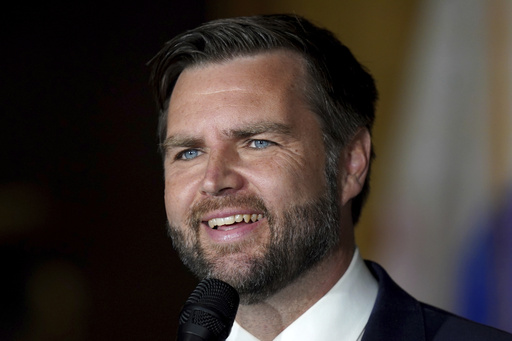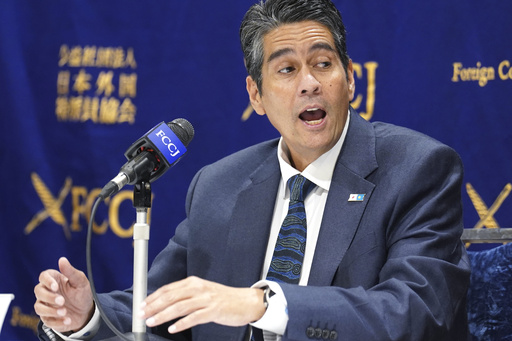California’s attorney general, Kamala Harris, who is currently the Democratic vice presidential nominee, has experienced several shifts in her policy positions throughout her political career. From defending the death penalty to proposing the abolition of cash bail, Harris’ evolving stances have drawn scrutiny and criticism, especially from Republicans.
Harris’ changing positions have extended to issues such as health care, immigration, and gun control, prompting questions about her consistency and convictions. Despite the criticism, her campaign emphasizes her credentials as a former district attorney and attorney general in California, portraying her as a pragmatic prosecutor who tackled various legal challenges.
Notably, Harris has altered her views on fracking, the death penalty, criminal justice, marijuana legalization, and gun control over the years. Her journey from a “blood and guts prosecutor” to a proponent of progressive reforms has been met with mixed reactions.
One of the most significant shifts in Harris’ career was her stance on the death penalty. Initially vowing never to charge it, she later enforced it as California’s attorney general, arguing she was bound by state law despite personal beliefs.
Moreover, Harris’ positions on marijuana legalization have evolved, with her current support reflecting broader societal changes. Additionally, her views on gun control have shifted towards more moderate proposals, abandoning earlier support for mandatory gun buy-back programs.
Overall, Harris’ political journey underscores the complexities of navigating public opinion and policy evolution in a dynamic landscape. Her shifting positions, while drawing criticism, also highlight her adaptability and responsiveness to changing societal norms.
As Harris continues her campaign for the vice presidency, her varied policy history serves as a point of contention for critics and a topic for scrutiny in evaluating her candidacy.





